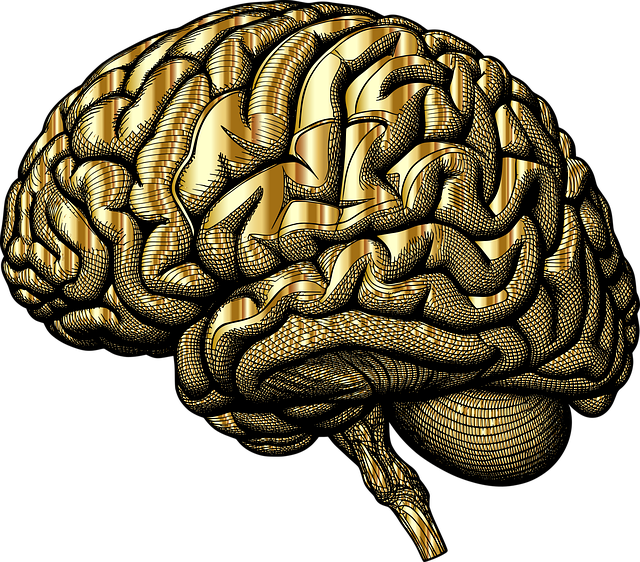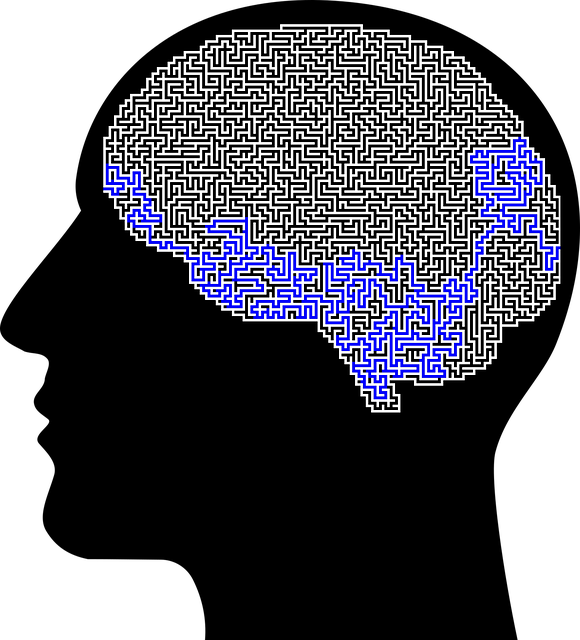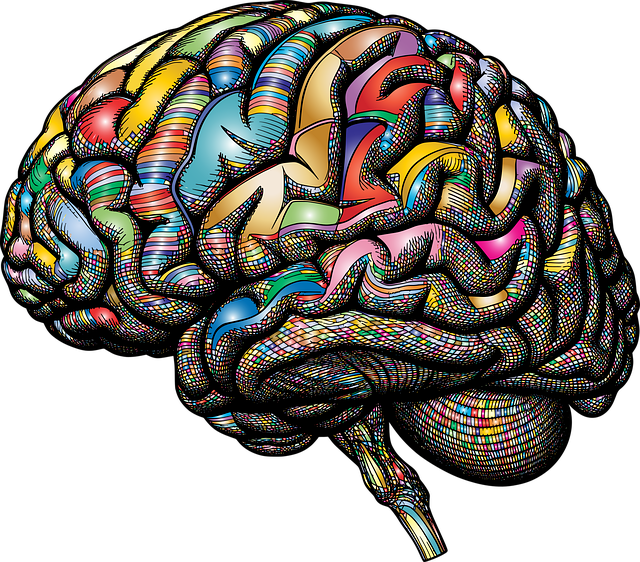Diagnosing mental illness accurately is challenging due to subjective symptoms varying across cultures, requiring Denver Christian Counseling Therapy (DCCT) to prioritize cultural sensitivity and holistic assessment methods. DCCT combines faith with evidence-based practices, using Emotional Intelligence (EI) assessments and crisis intervention guidance to tailor treatment plans. Through robust training, workshops, and peer supervision, DCCT stays at the forefront of accurate mental illness diagnosis, improving patient outcomes by addressing root causes of distress and providing safe spaces for open discussion without stigma.
Mental illness diagnosis accuracy is a critical aspect of patient care, yet challenges remain in ensuring precise identification. This article explores these hurdles and introduces innovative approaches like Denver Christian Counseling Therapy, offering a unique perspective on mental health treatment. We delve into evidence-based practices enhancing diagnosis accuracy, emphasizing the significance of training and education for continuous improvement. By examining these strategies, we aim to equip professionals and foster better patient outcomes.
- Understanding the Current Challenges in Mental Illness Diagnosis
- Denver Christian Counseling Therapy: A Unique Approach
- Evidence-Based Practices for Enhancing Diagnosis Accuracy
- Training and Education: The Key to Continuous Improvement
Understanding the Current Challenges in Mental Illness Diagnosis

Diagnosing mental illness accurately can be a complex and challenging task for healthcare professionals. While significant progress has been made in understanding various conditions, such as depression, anxiety, and psychosis, several factors contribute to the current diagnostic challenges. One of the primary issues is the subjective nature of symptoms, which often vary widely from person to person. This variability makes it difficult to apply a one-size-fits-all approach, particularly when considering cultural diversity in mental healthcare practice. For instance, what might be considered typical signs of depression in Western cultures could differ significantly in other parts of the world, where unique socio-cultural contexts shape how individuals express and experience distress.
Moreover, the vast array of available diagnostic tools and criteria can sometimes lead to misdiagnosis or overlooked conditions. Mental health professionals in Denver Christian Counseling Therapy recognize the importance of cultural sensitivity when assessing clients from diverse backgrounds. Enhancing mental health awareness and inner strength development are essential aspects of addressing these challenges. By staying informed about cultural nuances and integrating holistic assessment methods, healthcare providers can improve diagnosis accuracy, ultimately offering more tailored and effective treatment plans for individuals navigating their mental health journeys.
Denver Christian Counseling Therapy: A Unique Approach

Denver Christian Counseling Therapy (DCCT) stands out as a unique approach to mental health care, merging faith-based principles with evidence-based therapeutic techniques. This innovative model recognizes that addressing mental illness effectively requires not just treating symptoms but also nurturing spiritual well-being and fostering empathy within individuals and communities. DCCT focuses on providing a safe and supportive environment where clients can explore their struggles openly, without the stigma often associated with seeking mental health support.
By integrating biblical perspectives into counseling sessions, DCCT offers anxiety relief through personalized strategies that cater to individual needs. Therapists employ empathy-building strategies to create profound connections, fostering understanding and compassion. Furthermore, this approach actively contributes to Mental Illness Stigma Reduction Efforts by promoting open dialogue, encouraging self-acceptance, and emphasizing the shared humanity of all individuals, regardless of their mental health status.
Evidence-Based Practices for Enhancing Diagnosis Accuracy

In the quest for enhancing mental illness diagnosis accuracy at Denver Christian Counseling Therapy, evidence-based practices play a pivotal role. Therapists are increasingly incorporating techniques like Emotional Intelligence (EI) assessments and Crisis Intervention Guidance to refine their diagnostic approach. EI helps in understanding clients’ emotional responses and triggers, which is crucial for tailoring treatment plans. By integrating this knowledge into traditional assessment methods, counselors can make more informed decisions, ensuring interventions that specifically target the root causes of distress.
Additionally, training in crisis intervention techniques equips therapists to handle acute situations effectively. This includes recognizing early warning signs, implementing immediate coping strategies, and providing a safe space for clients during challenging times. Such proactive measures not only enhance diagnosis accuracy but also foster better patient outcomes, particularly in managing conditions like anxiety, where timely relief can be life-changing.
Training and Education: The Key to Continuous Improvement

At Denver Christian Counseling Therapy, we recognize that the foundation of accurate mental illness diagnosis lies in robust training and education. Continuously updating our therapeutic practices with the latest research and evidence-based methods is imperative to ensure our team provides effective care. Through comprehensive workshops, ongoing professional development, and regular peer supervision, we equip ourselves to navigate the complexities of mental health conditions. This commitment to learning allows us to stay abreast of emerging trends in the field, such as integrating Positive Thinking and Mind Over Matter principles into therapeutic models, thereby enhancing the accuracy and efficacy of our diagnoses.
Moreover, the integration of Mental Wellness Coaching Programs Development within our services underscores our holistic approach to mental health care. By combining traditional counseling techniques with coaching methodologies, we empower individuals to take an active role in their healing journey. This dual focus not only improves diagnosis accuracy but also fosters greater resilience and self-awareness, ultimately contributing to improved mental wellness outcomes for our clients.
Mental illness diagnosis accuracy has long presented challenges, but with a combination of innovative approaches like Denver Christian Counseling Therapy, evidence-based practices, and comprehensive training, significant improvements are within reach. By adopting these strategies, mental health professionals can ensure more precise diagnoses, leading to effective treatment plans that transform lives. This multifaceted approach, emphasizing both unique therapeutic methods and continuous educational growth, is crucial in enhancing the overall well-being of those seeking support.














